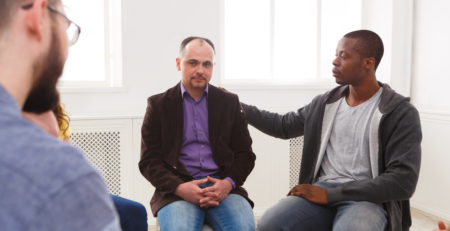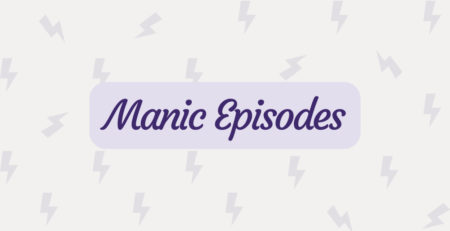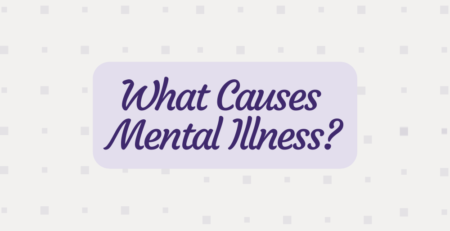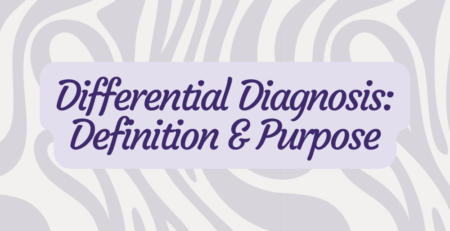988 Is the New 911 for Mental Health Emergencies
For the last 17 years, the National Suicide Prevention Lifeline has been a vital resource for people experiencing mental health crises. The 1-800 number connects those struggling with suicidal thoughts to a person who can connect them with resources and deescalate the situation. However, remembering this ten-digit number has been a barrier to care due to its length. In response to this, the lifeline has adopted a new phone number: 988. Dialing 988 is now the equivalent of 911 but for mental health emergencies.
988 Suicide and Crisis Lifeline
In addition to this new number, the lifeline has also rebranded to include a wider scope of services. Instead of being known as the National Suicide Prevention Lifeline, they are now the Suicide and Crisis Lifeline. One of the main reasons for this change was to encompass more needs than suicide intervention. While they still provide support for suicidal ideation, they also can talk people through other mental health and substance use disorder crises.
Inclusivity in Mental Health Emergencies
Mental health crises expand far beyond thoughts of suicide. The 988 Suicide and Crisis Lifeline recognizes the varying circumstances that require support, so their website addresses these needs. They dedicated pages to specific groups they serve, including:
- Ethnic and Racial Minorities
- Youth
- LGBTQ+
- Veterans
- Deaf, Hard of Hearing, Hearing Loss
- Survivors of Loss, Disasters, or Previous Attempts
- Spanish-speaking Populations
Within these populations, the crisis line is equipped to address mental health emergencies of all kinds. These are often people who are having suicidal thoughts, but other crises they manage include:
- Thoughts of self-harm
- Panic attacks
- General emotional distress
- Thoughts of substance misuse or relapse
How the 988 Mental Health Hotline Works
For anyone who has the old number for the mental health hotline, this will remain active indefinitely. However, the 988 number now allows for rapid connection to a Lifeline counselor. People in crisis can call, text, or chat online with a live person who is trained in crisis support. When someone dials or texts this number, they will be connected to a local center in the Suicide and Crisis Lifeline network. This ensures the counselor they are talking to can provide applicable resources based on the person’s area. A common fear for people reaching out to this resource is the use of emergency services by the Lifeline. However, the goal of the mental health hotline is to deescalate a crisis without the use of emergency resources. In fact, less than 2% of calls received by Lifeline counselors require these services, and over half of those occurred with the caller’s consent.
Mental Health Support at Serene Behavioral Health
Moments of crisis often lead a person to recognize their need for more support for their mental health issue. At Serene Behavioral Health, we treat mood disorders, anxiety, trauma-related disorders, and psychosis. We offer four levels of care to provide the support necessary for mental illnesses at all stages of treatment.
Wherever you are in your mental health journey, our team can help. Our therapy services provide long-term coping skills and focus on healing underlying thoughts that contribute to your diagnosis. If you have recently reached out to a crisis line and need more intensive care for your mental health issue, contact our California center today.
















